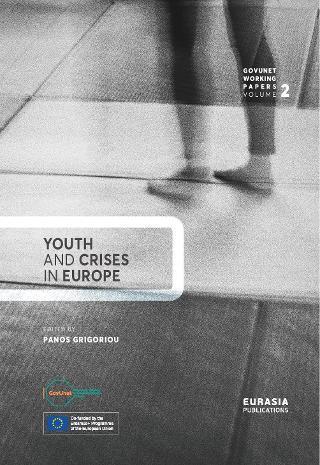YOUTH AND CRISES IN EUROPE
Young people are the most important pillar in building the European future.We fully share the view of the European Commission that Education ispart of everyone’s life, but it does not all have to take place in the classroom.Traditional education is structured and formal – given by an institution(school, university) but informal education also plays a really decisive role. Itcan be structured, with learning objectives – but usually happens outside formalinstitutions: in summer schools, workshops, seminars, community courses.This dual mission of European Education, which trains young Europeans,contributes to their ability to have their voice heard by those who make thepolicies and laws that affect our common life.This is important to ensure that EU primary and secondary legislation andpolicies actually meet and treat the priorities of the European societies. Experiencesof the young people and good ideas can help to create even better policiesavailable to everyone in Europe. Wide debates, discussions and reflectionworkshops will make the difference.EU citizenship offers a number of important rights that affect the daily lifeof the Europeans.Today, all over Europe, we are discussing migration and refugee issues. Butis there really the political and social will to prepare efficient solutions for thisdifficult stage of the European integration? And if the answer is positive, whatcould be the mission of the young people?Only the young people can change the mentality and the destiny of Europe.Only the sensibility of the young Europeans can promote the humanitarian visionin Europe. The influx of refugees into Europe consistently increasing yearon year, it is important to give these vulnerable people the chance to improvetheir lives. Through inclusion, refugees and local communities can work togethertowards common goals. There is no place for discrimination acts in Europe ofVictor Hugo, Jean Monnet, Robert Schuman, Altiero Spinelli, or Denis de Rougemont.The discrimination ca

 engine
🛠20220509.145534
engine
🛠20220509.145534





